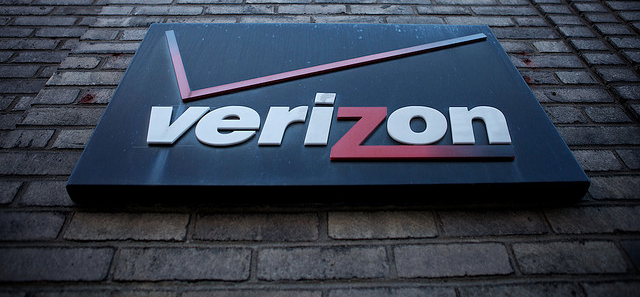Curious Which Mobile Phone Bills Are Highest? Survey Says: Verizon!
Ever wonder how your phone bill stacks up against the average? Sometimes it’s hard to know if you’re actually getting a decent deal, or if you’re being suckered into something ridiculous. Thanks to some newly published survey data, now you can see how your own bill compares to everyone else’s.
Ars Technica has a handy chart up showing the average monthly cost of using any of the big four mobile carriers.
Verizon sits right at the top, with the highest average monthly bill. The cheapest of the big four? T-Mobile. The survey had just under 1900 respondents, included both individual and family plans, and is all-inclusive of taxes and fees.
That said, “most expensive” and “cheapest” are highly relative here. Verizon’s $148 is not exactly astronomically above Sprint’s $144, AT&T’s $141, or even T-Mobile’s $120.
So if T-Mobile will, on average, save you $216 a year, why does it still have the smallest subscriber base? Everyone has their reasons, and most of them fit in with the companies’ popular reputations. Verizon and AT&T subscribers both cited network coverage and network quality as their top reasons for staying with their carrier. Consumers’ most-stated reasons for choosing both Sprint and T-Mobile were unlimited data plans and lower prices.
The good news? Those monthly bills may be getting cheaper across the board. The previous installation of the quarterly survey had Verizon’s average bill at $153, AT&T’s at $147, Sprint’s at $143, and T-Mobile’s at $133.
Analysts have surmised that T-Mobile’s new price structures were keeping the market competitive. Two data points, from the third and fourth quarters of 2013, aren’t quite enough to form a definitive pattern yet. But perhaps consumers will indeed be lucky enough to find the pressure for lower wireless prices continuing into 2014.
Verizon leads top wireless carriers in bill size, at $148 a month [Ars Technica]
Want more consumer news? Visit our parent organization, Consumer Reports, for the latest on scams, recalls, and other consumer issues.


